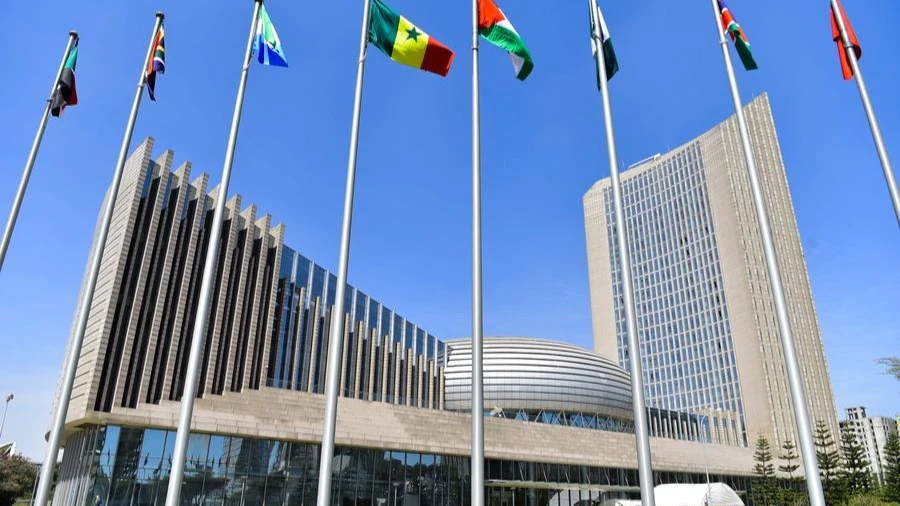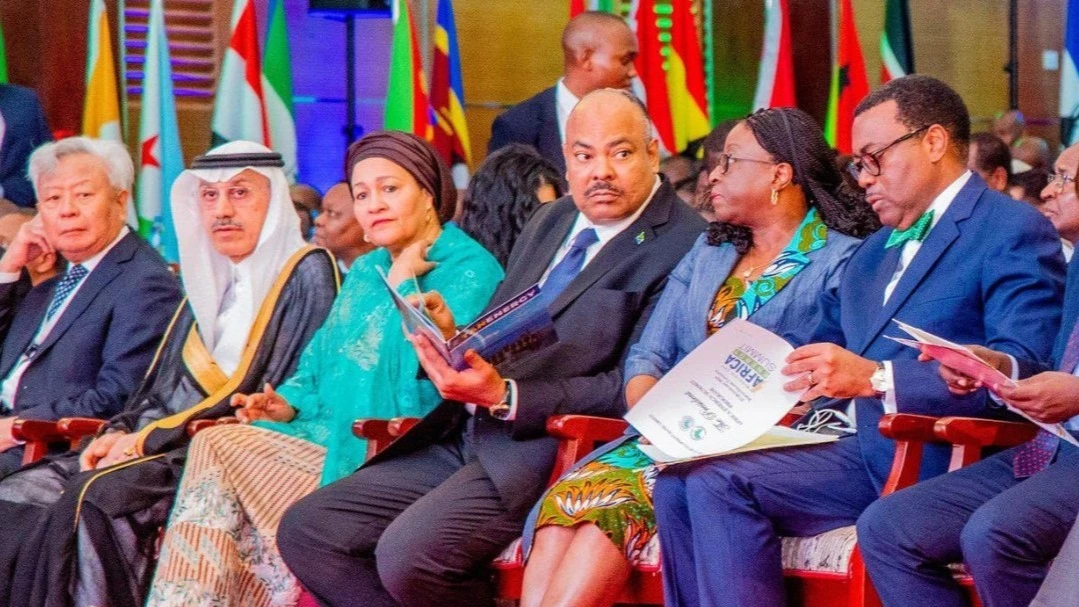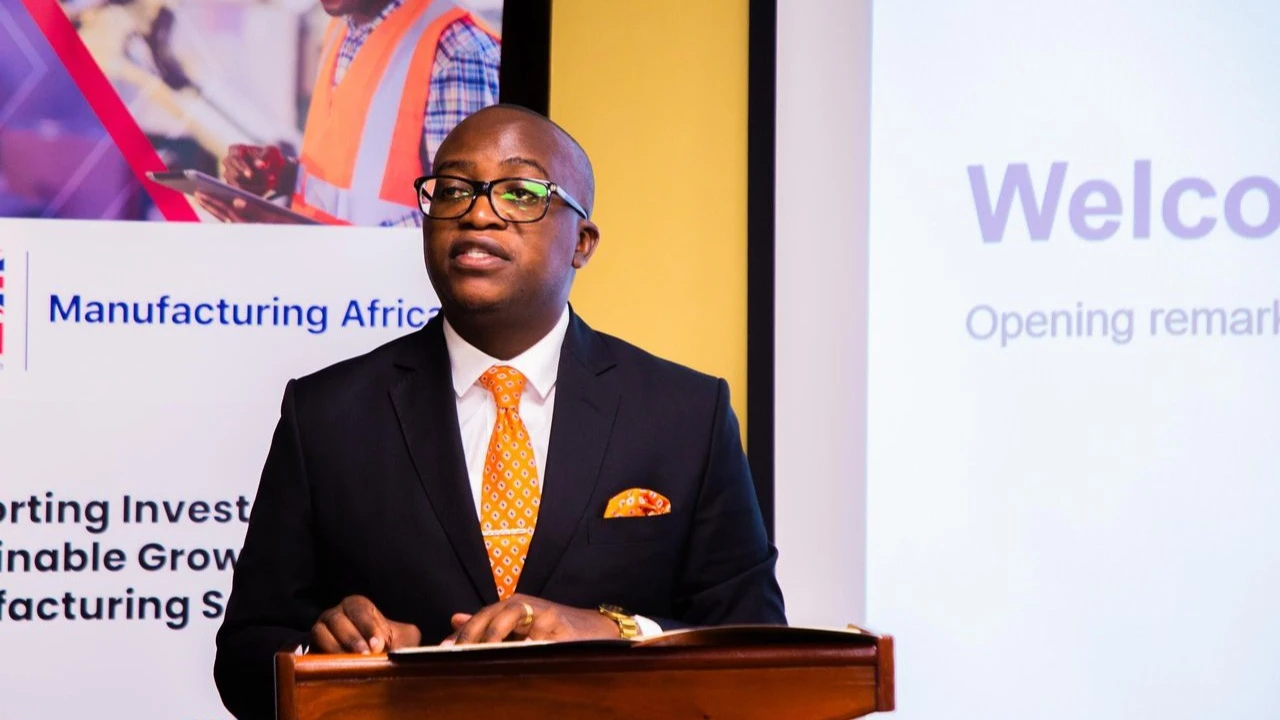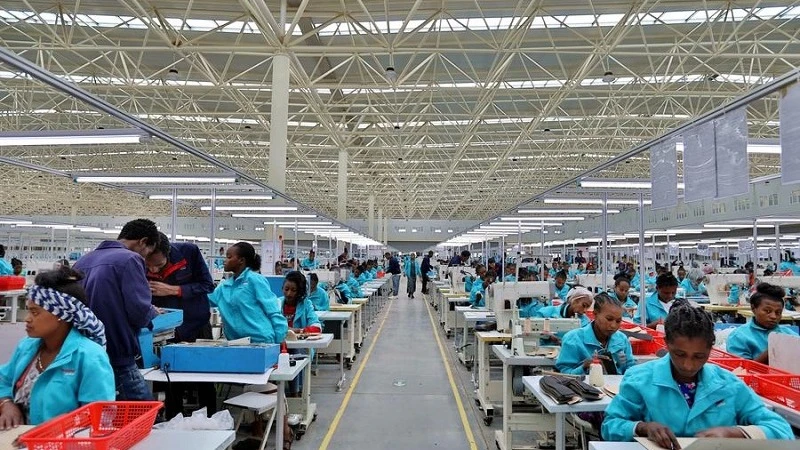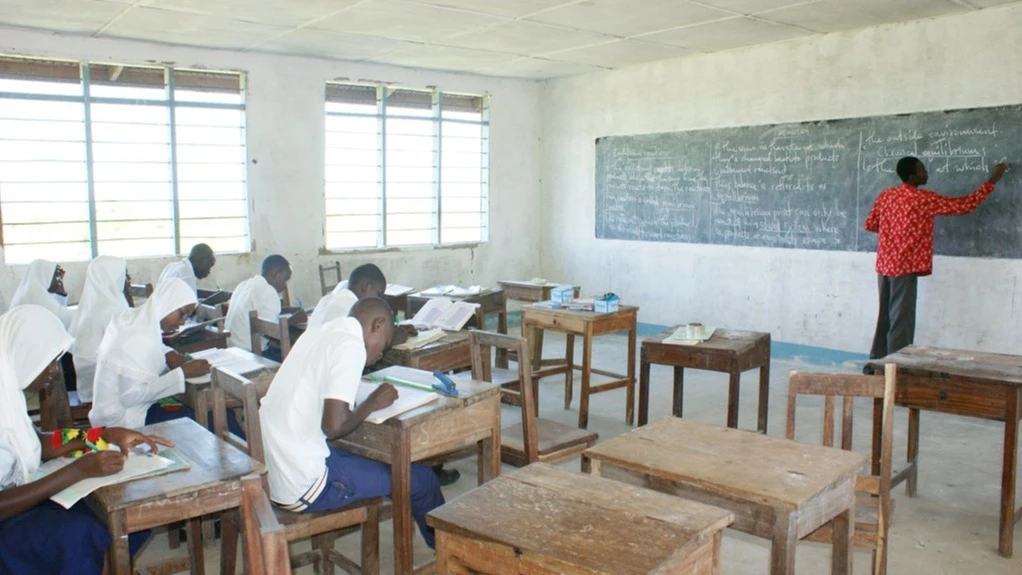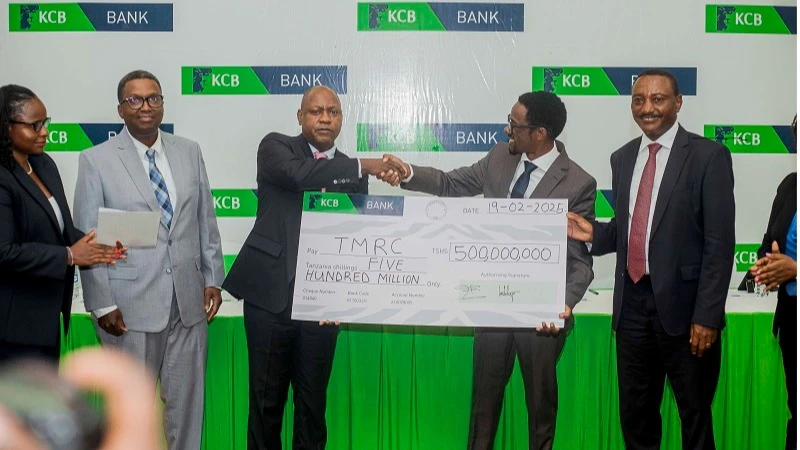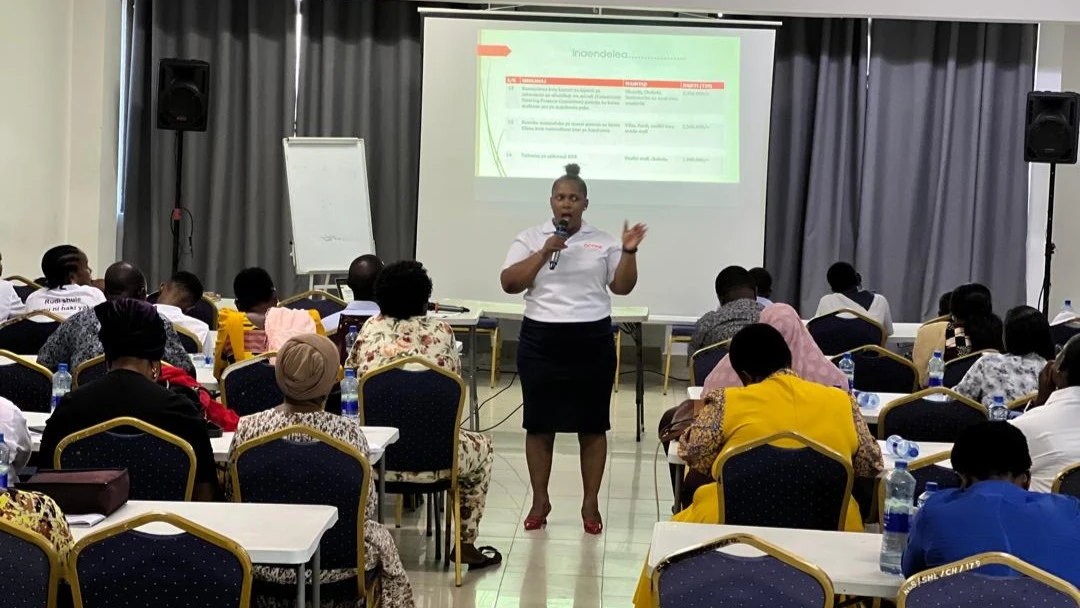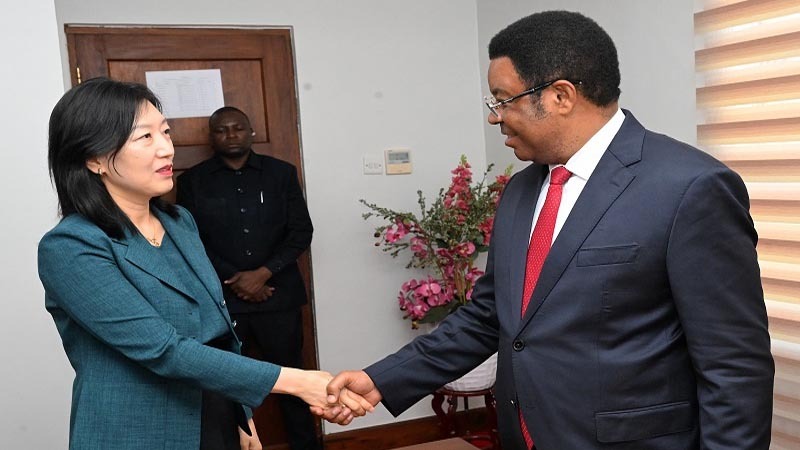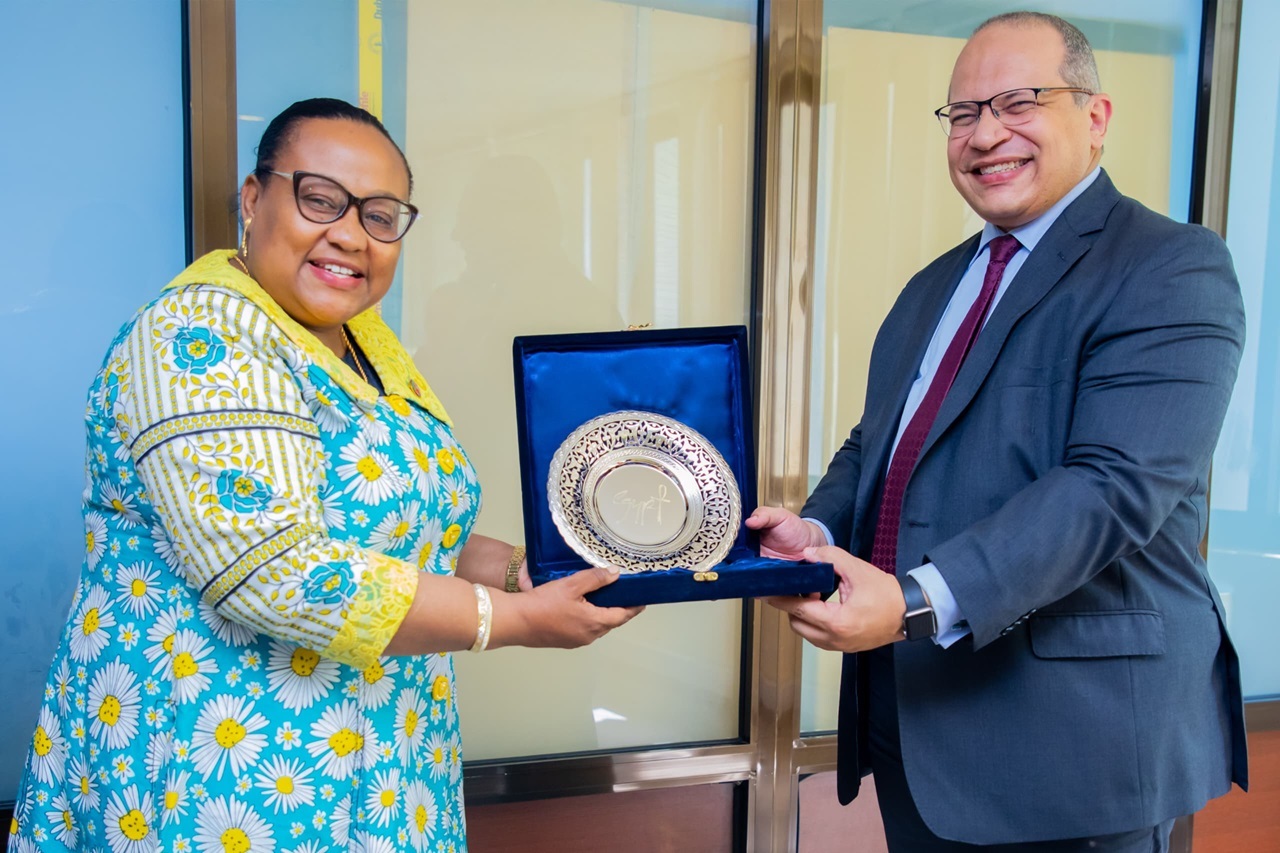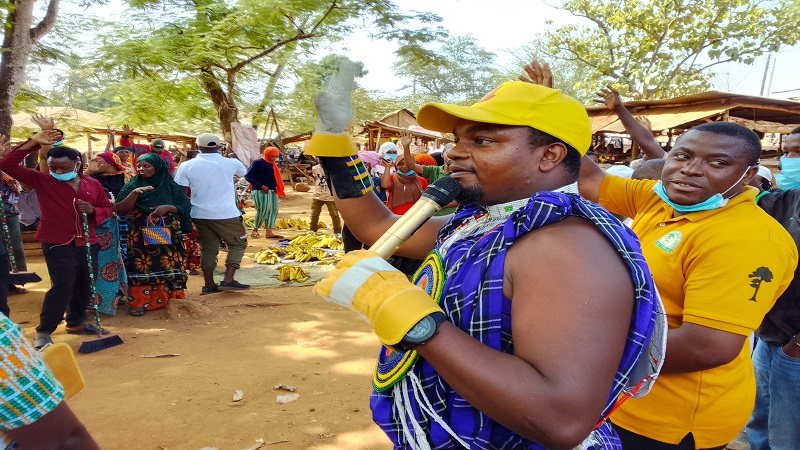Summit declaration unveils pillars to reaching clean cooking access for all
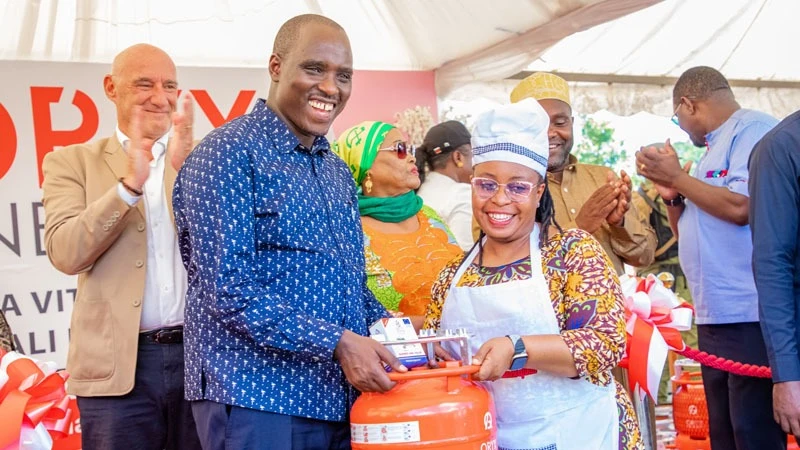
The Paris Summit co-chaired by President Samia Suluhu Hassan earlier this week has adopted the declaration, which emphasizes on increased financing, policies and partnership, in order to achieve the Sustainable Development Goal 7, on universal clean cooking access.
The declaration was signed by Belgium, Brazil, Canada, Czech Republic, Egypt, Finland, France, Ghana, Greece, Hungary, Ireland, Italy, Japan, Kenya, Malawi, Mozambique, The Netherlands, Norway, Portugal, Senegal, Switzerland, Tanzania, Togo, Uganda, United Kingdom and United States.
Signatory countries have declared clean cooking as a critical priority and pledge to take concrete steps towards advancing the clean cooking agenda, through action on the ground, raising awareness, and fostering greater collaboration among the key stakeholders.
Leaders have pledged to make clean cooking a priority and enhance their efforts toward achieving universal access for all, recognising its essential role in achieving Sustainable Development Goal 7.
Universal clean cooking access was underlined once more by African leaders as a priority issue for collective action for African governments and the international community on climate and energy in the context of the Nairobi Declaration.
“While working to achieve this goal, we affirm that our primary focus should be on ensuring affordable access in a timely manner to cleaner and modern cooking solutions, which can deliver benefits in terms of health, productivity, gender equality, forest preservation, biodiversity, and emissions reductions,” the declaration reads.
“We affirm that the strategies taken by countries to advance clean cooking will depend on local context, and that each country has sovereignty to shape this agenda in a manner consistent with people-centred energy transitions.”
The declaration stresses the importance of attracting private sector investments and recognise that concessional finance plays a catalytic role in scaling up private sector investments in clean cooking.
To that end, it acknowledges the close connection to advancing clean cooking to the broader calls for enhancing development finance within the Paris Pact for People and Planet.
“We commend the substantial investments in clean cooking announced at the Summit and welcome this increase in private sector participation, which can be a potential game changer in our efforts to achieve clean cooking access for all,” the declaration reads.
The $2.2 billion financial support committed at the Summit contributes to the needed upfront investment costs estimated by the IEA to be US$4 billion annually from now to 2030, to reach universal access to clean cooking in sub-Saharan Africa.
“We call upon others to join this effort and allocate additional resources to clean cooking, recognising the need for diverse sources of financing – concessional, commercial, philanthropic, and public – and the importance of effective, transparent, and timely delivery through proven financing channels and facilities,” the declaration further reads.
Signing countries also affirm the criticality of financial measures that help manage affordability for consumers, recognising that past efforts of extending energy access have all depended on shielding consumers from the full cost of that access initially.
“We affirm affordability support should be targeted to those most in need, noting the importance of this support reaching women to ensure results, and that support should be progressively reduced as the affordability gap decreases,” it says.
The declaration also acknowledges the significant role that carbon credits and climate finance have already played in scaling clean cooking efforts, recognising the potential for further expansion of this support, while ensuring that benefits are shared appropriately among actors.
Commitments to buy carbon credits derived from clean cooking to satisfy nationally determined contributions (NDCs) and other emissions reductions objectives could play a crucial role in funding higher tier clean cooking access, but should be met using high integrity of credits, and underlying carbon credit quality concerns must be addressed is also part of the declaration.
Leaders have applauded the efforts to address underlying carbon credit quality concerns, including new crediting methodologies currently under development, as well as acknowledging the Clean Cooking Alliance-led Responsible Carbon Finance for Clean Cooking Initiative and its role in building consensus around principles for integrity, transparency, fairness, and sustainability of clean cooking carbon credits.
Success stories such as in Brazil, India and Indonesia demonstrate that rapid progress is achievable if there is strong political will.
“We acknowledge the African leaders who have already made clean cooking a top priority and joined the Summit, with special thanks to President Samia Suluhu Hassan of the United Republic of Tanzania for championing clean cooking as a pan African priority through her African Women's Clean Cooking Support Programme launched at COP28,” they said.
Given the crucial roles of enabling policies, leaders have encouraged greater exchanges to share experiences and best practices.
They commend the African governments who publicly committed to making clean cooking a priority national issue and are taking steps to implement proven policy measures in their country to usher greater progress.
They affirm that clean cooking is a solvable development challenge that will have a positive impact on the lives of millions of the poorest people on earth, predominately for those in Sub‑Saharan Africa.
The Summit also co-chaired by the Prime Minister of Norway H.E. Jonas Gahr Støre, the President of the African Development Bank Group Dr. Akinwumi A. Adesina, and the Executive Director of the International Energy Agency (IEA) Dr. Fatih Birol.
The Summit, attended by 1000 delegates from governments, private sector, development partners, international organisations, philanthropies, and civil society was organised by the International Energy Agency (IEA).
Top Headlines
© 2025 IPPMEDIA.COM. ALL RIGHTS RESERVED












